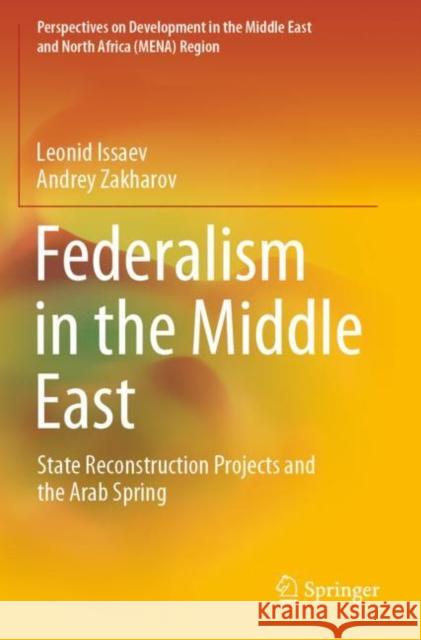Federalism in the Middle East: State Reconstruction Projects and the Arab Spring » książka
topmenu
Federalism in the Middle East: State Reconstruction Projects and the Arab Spring
ISBN-13: 9783030703028 / Angielski / Miękka / 2022
This book examines the projects of administrative and territorial reconstruction of Arab countries as an aftermath of the “Arab Spring”. Additionally, it looks into an active rethinking of the former unitary model, linked by its critics with dictatorship and oppression.
The book presents decentralization or even federalization as newly emerging major topics of socio-political debate in the Arab world. As the federalist recipes and projects are specific and the struggle for their implementation has a pronounced variation, different case studies are presented. Countries discussed include Libya, Syria, Yemen, and Iraq.











